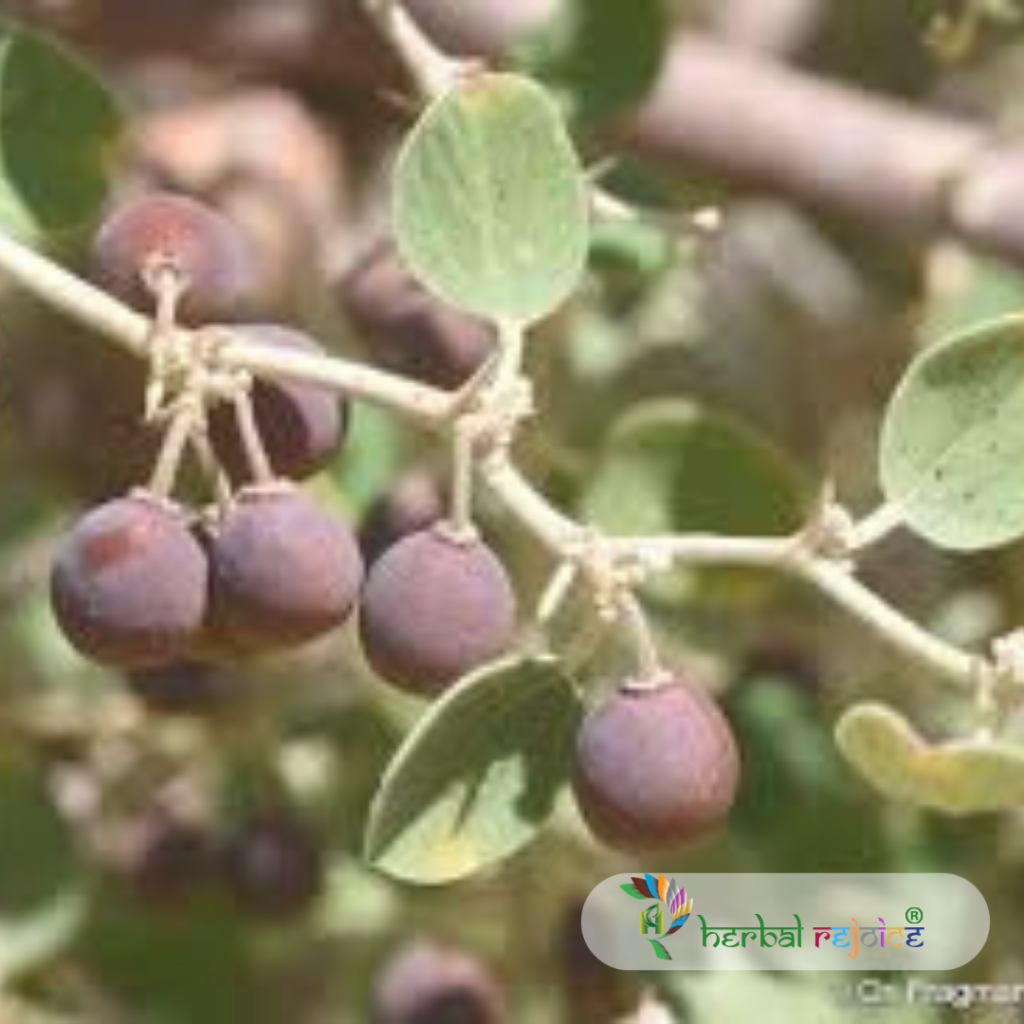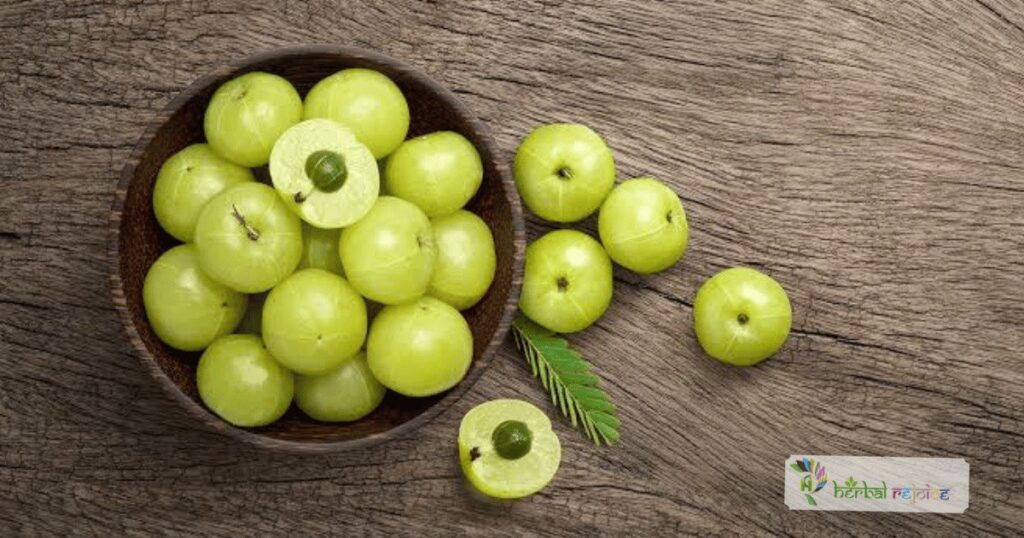Ziziphus nummularia, also known as Wild Jujube, is a plant belonging to the Rhamnaceae family. It is commonly referred to as Karkandhu in Ayurvedic medicine and Jharber or Sadarber in Unani medicine. The fruit of this plant has cooling and astringent properties, making it useful for treating bilious affections. The leaves of Ziziphus nummularia are also beneficial in treating skin diseases like scabies.

The root bark of Ziziphus nummularia contains 12% tannin and cyclopeptide alkaloids, specifically nummularines A, B, and C, mucronine D, and amphibine H. Additionally, the leaves of this plant contain ascorbic acid. The stem bark of Ziziphus nummularia contains nummularine M, R, and S, as well as frangufoline. Nummularine R and S have shown antibacterial activity against Gram-negative bacteria, while frangufoline has been effective against both Gram-negative and Gram-positive bacteria. Moreover, the alkaloid fraction derived from the bark has displayed significant analgesic properties
In conclusion, Ziziphus nummularia, or Wild Jujube, is a plant with various medicinal properties. Its fruit and leaves can be used to treat bilious affections and skin diseases, respectively. The root bark and stem bark of this plant contain different compounds that exhibit antibacterial and analgesic activities. Incorporating Ziziphus nummularia into your healthcare routine may prove beneficial for overall well-being.
Frequently Asked Questions
What is Ziziphus nummularia?
It is a plant known as Wild Jujube, belonging to the Rhamnaceae family.
What are the traditional names for Ziziphus nummularia?
It is called Karkandhu in Ayurveda and Jharber or Sadarber in Unani medicine.
What medicinal properties does the fruit of Ziziphus nummularia have?
The fruit has cooling and astringent properties, making it useful for treating bilious affections.
How are the leaves of Ziziphus nummularia used medicinally?
The leaves are beneficial for treating skin diseases like scabies.
What chemical components are found in the root bark of Ziziphus nummularia?
The root bark contains 12% tannin and cyclopeptide alkaloids such as nummularines A, B, C, mucronine D, and amphibine H.
What beneficial compounds are found in the leaves of Ziziphus nummularia?
The leaves contain ascorbic acid, which is beneficial for skin health.
What compounds are found in the stem bark of Ziziphus nummularia?
The stem bark contains nummularine M, R, and S, as well as frangufoline.
What antibacterial properties does Ziziphus nummularia exhibit?
Nummularine R and S are effective against Gram-negative bacteria, while frangufoline works against both Gram-negative and Gram-positive bacteria.
What are the analgesic properties of Ziziphus nummularia?
The alkaloid fraction from the bark shows significant analgesic (pain-relieving) properties.
How is Ziziphus nummularia beneficial for skin diseases?
The leaves can treat conditions like scabies due to their medicinal properties.
Can Ziziphus nummularia help with digestive issues?
Yes, the fruit is useful for treating bilious affections, which are related to digestion.
How can Ziziphus nummularia be incorporated into a healthcare routine?
It can be used as a natural remedy for skin diseases, digestive issues, and for its antibacterial and analgesic properties.
Is there scientific research supporting the medicinal uses of Ziziphus nummularia?
Yes, studies have shown its compounds to have antibacterial and analgesic effects.
What are the traditional medicinal uses of Ziziphus nummularia?
It is used in Ayurveda and Unani medicine for treating bilious affections and skin diseases.
How should Ziziphus nummularia be prepared for medicinal use?
It is typically used in the form of extracts or preparations from its fruit, leaves, root bark, and stem bark.
Are there any known side effects of Ziziphus nummularia?
It is generally considered safe when used appropriately; consult a healthcare provider for personalized advice.
Can Ziziphus nummularia interact with other medications?
Always consult a healthcare provider before using it with other treatments.
Where can I find Ziziphus nummularia products?
They may be available in herbal shops or online specialty stores.
What role does ascorbic acid in the leaves play in skin health?
Ascorbic acid supports skin health and may help in treating skin diseases.


